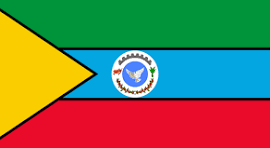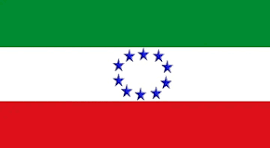PROCEED Standard for Water Demand Assessment
ARIA conducted an evaluation to measure the water consumption of beneficiary families (from 2008 to 2011 GC) which gave the following results:
- 4 to 5.5 l/pers/day on traditional (uncapped) water points.
- 11 l/pers/day for HH nearby constructed water points.
The Ethiopian national standard for potable water 2011-2015 delivery were1):
- 15 l/pers/day with a maximum of 1.5 km radius.
In 2018 it was increased to2) :
- 25 l/pers/day with a maximum of 1 km radius.
Region officials agreed that this latest standard is a goal for the more urbanized part of the region and that:
15 l/pers/day can remain the standard for rural area.
PROCEED standard are thus:
| Standards type | Value: | Unit | Comments |
|---|---|---|---|
| Consumption per capita | 15 | l/pers/day | |
| Growth rate & design period | 0 | % | 15 to 25 % in area were population will increase3) |
| Maximum radius | 0.5 | Km | 1 km in low density area |
| Max Service time | 10 | Hours | |
| School | 3 | l/student | Sphere4) Standards |
| Health Center | 5 | l/daytime patients | Sphere Standards |
| Health Center | 40 | l/bed | Sphere Standards |
| Min Design flow per WP outlet | 0.15 | l/s | Exception are acceptable for WP with very low number of HH |
| Max Design flow per WP outlet | 0.25 | l/s | Increase the number of WP outlets or add one WP |
Important Remarks:
These standards should be applied taking into account the dry season discharge of the water source (when water needs are the highest and the resource lowest).
These standards and design guideline don’t take into account cattle needs. This parameter (important in rural area) should be considered by the designer according to the situation (quantity of water delivered, presence of alternative sources…).

